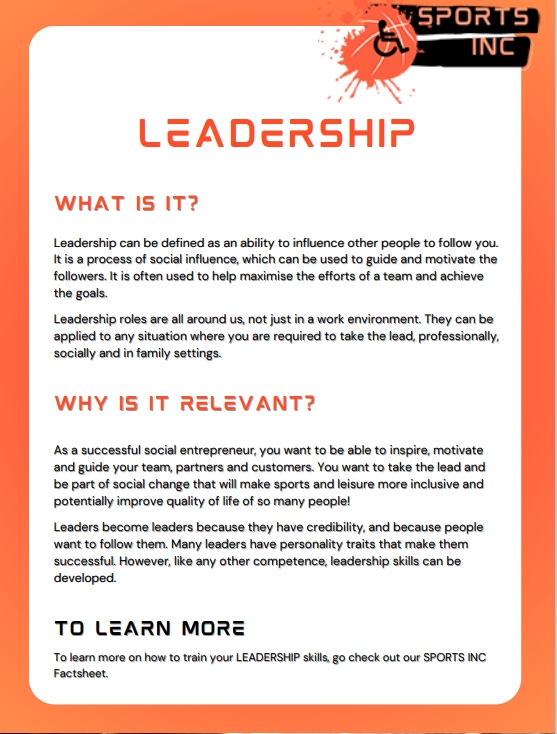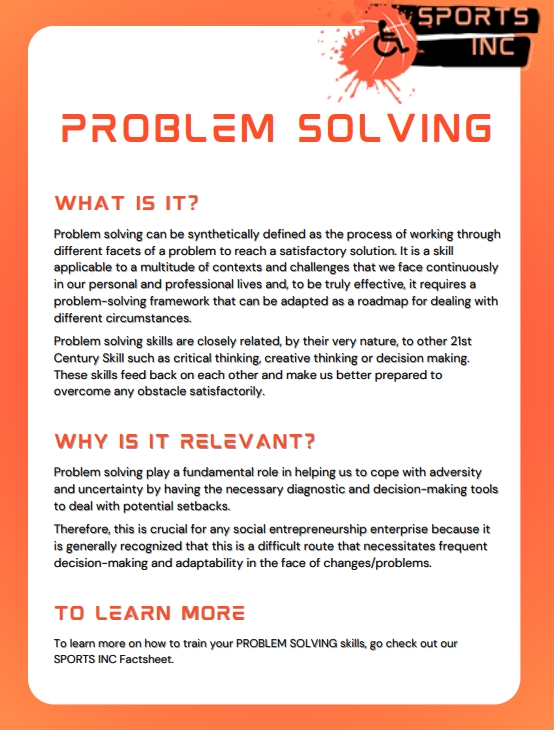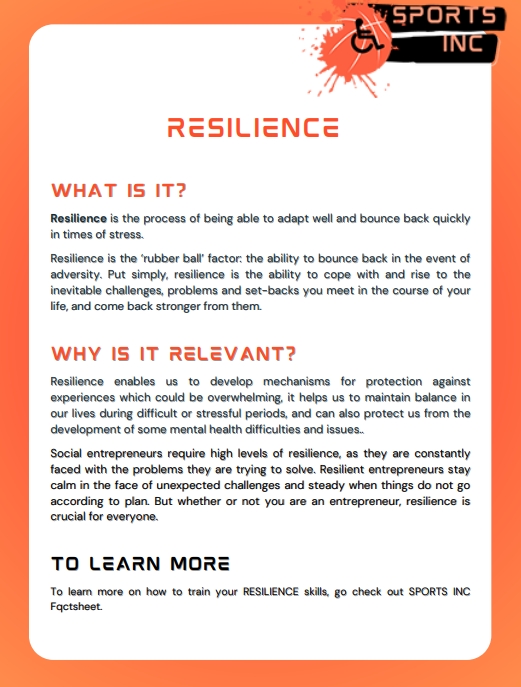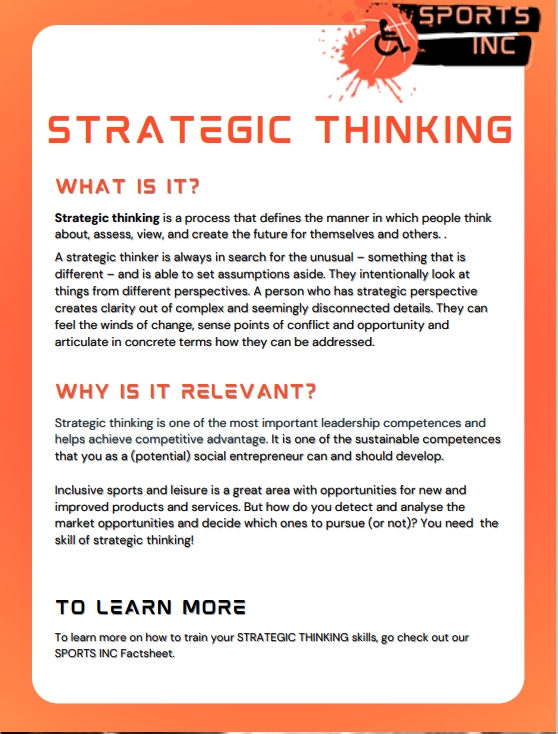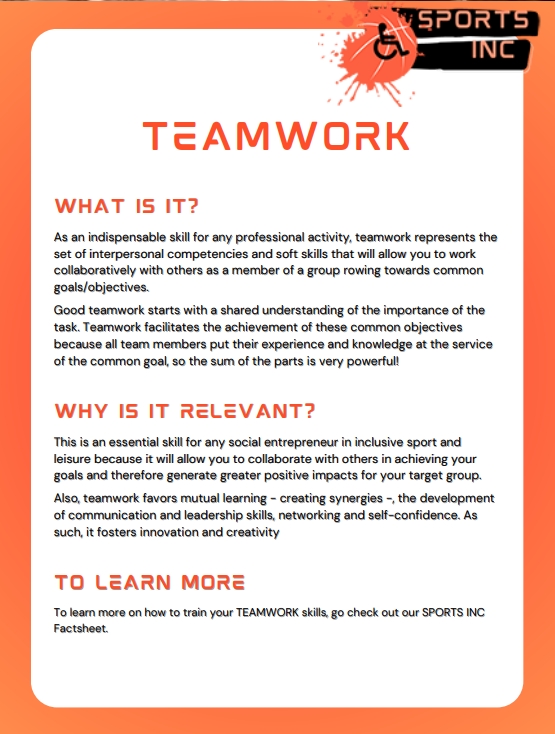INNOVATION
Innovation is the practical implementation of ideas that result in the introduction of new goods or services or improvement in offering goods or services. – Wikipedia
Innovation can also be defined as change that adds value.
The words innovation and invention overlap semantically but are really quite distinct.
- Invention can refer to a type of musical composition, a falsehood, a discovery, or any product of the imagination. The sense of invention most likely to be confused with innovation is “a device, contrivance, or process originated after study and experiment,” usually something which has not previously been in existence.
- Innovation, for its part, can refer to something new or to a change made to an existing product, idea, or field. One might say that the first telephone was an invention, the first cellular telephone either an invention or an innovation, and the first smartphone an innovation. – Merriam Webster definition
Innovation often takes place through the development of more- effective products, processes, services, technologies, art works or business models that innovators make available to markets, governments, and society.
Social entrepreneurship and social innovation are closely related, although not the same. While social entrepreneurs are focused on solving a social problem through business and often need innovation to do it, a social innovator could be looking to solve the problem through a number of different mediums.
INNOVATION SKILLS
In business, innovation skills enable us to come up with innovative ideas and design innovative solutions to the existing customer problems. To be successful at innovating, we need to be able to notice problems, look at them from different perspectives, and combine different ideas to come up with new concepts.
Some of the skills that help innovating are:
- Strategic thinking
- Critical thinking
- Questioning
- Creativity
- Flexibility
- Experimenting
- Problem solving
- Communication
Check out the other SPORTS INC Factsheets – learning materials on many of the above skills are included!
BENEFITS
There are a number of benefits of innovation, mainly continuous innovation. Without innovation, there would not be progress, without progress there is no sustainability.
“Innovation enables problem-solving and provides creative insight that allows you to look at things from a different perspective, regardless of whether you are developing a new product, refreshing strategy or finding an original way to stay ahead of the competition.” – Advantages of innovation
Some of the key practical benefits of innovation are:
- improved productivity
- reduced costs
- increased competitiveness
- improved brand recognition and value
- new partnerships and relationships
- increased turnover and improved profitability
HOW TO BOOST YOUR INNOVATION SKILLS
From Harvard Business Review article “Stop sabotaging your ability to innovate”:
“Creativity relies on curiosity and openness. Curiosity drives your questioning and sensemaking—the search for patterns, causality, and opportunities, and your efforts to bridge the gap between what you know and what you don’t. But unbounded curiosity can lead you astray in two ways. You may get drawn down a rabbit hole and lose sight of your original purpose. Or you may become mired in reflection, trying to plan for every contingency.
Openness to new experiences and ideas inspires you to ask “What if?” questions and connect the dots between unrelated concepts or domains. But an excess can cause you to jump from one idea to the next or bombard you with irrelevant details. If you’ve bogged down in your main endeavour, it can lure you away with the siren call of novelty. To ensure that your creativity remains a useful fuel rather than a dangerous distraction, you can: Recognise the moment of great peril controlling your curiosity is essential when you are shifting from reflection to action; Set limits to your involvement, recognizing a tendency to let your creativity distract you is the first step to harnessing it; or you can enlist a counterweight, finding a partner who can offset your creative exuberance.”
What could be the practical steps to take if you want to boost your innovation skills?
- Be open to new ideas and experiences, and embrace change. Change takes willingness and energy. Do you know why you want to improve your innovation skills? Are you ready to put some work into it and try different tools and approaches? A sense of purpose and commitment is the first step.
- Assess your innovation skills. Which innovation skill(s) do you need to develop? If you would like to use an assessment tool, there are quite a few available online, e.g. Creatix Inventory https://rapidbi.com/the-creatrix-inventory/.
- What do you hope to achieve? Formulate your goal – what you want to achieve by improving the skill(s) – and write it down.
- Choose a way to develop the skill(s). Will you engage in skill development exercises on your own/ using available (online) materials? Will you read a book? Will you enrol in a skill development course?
- Take action! Don’t stay in the planning phase.
- Reflect, evaluate your progress, revisit your goals and continue! Skill development is a continuous process.
- Enjoy your results, but also the process. When you set to improve the next skill, will you do it the same way?

